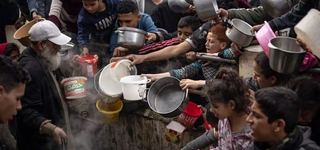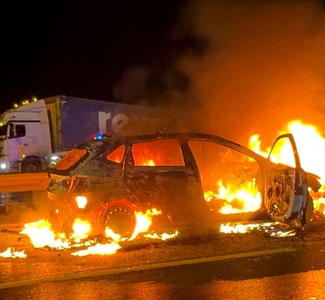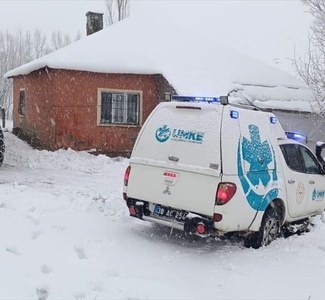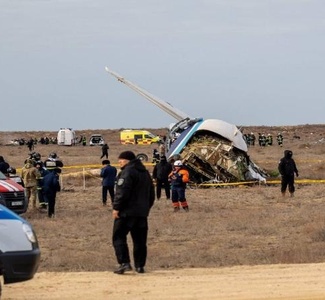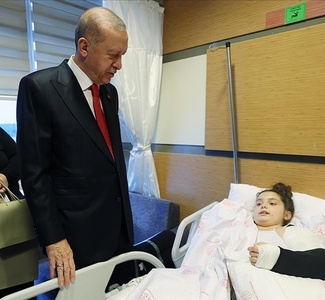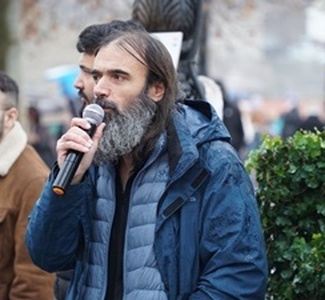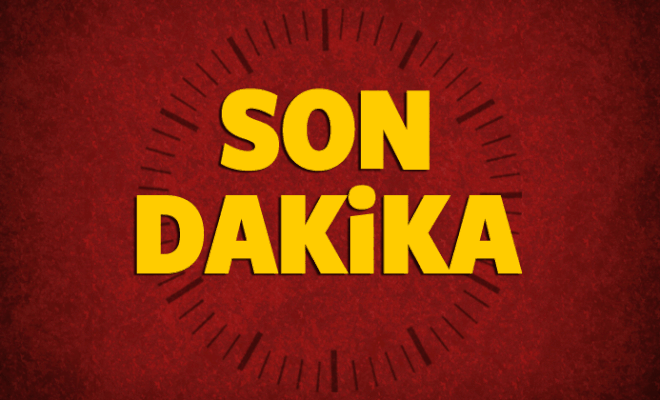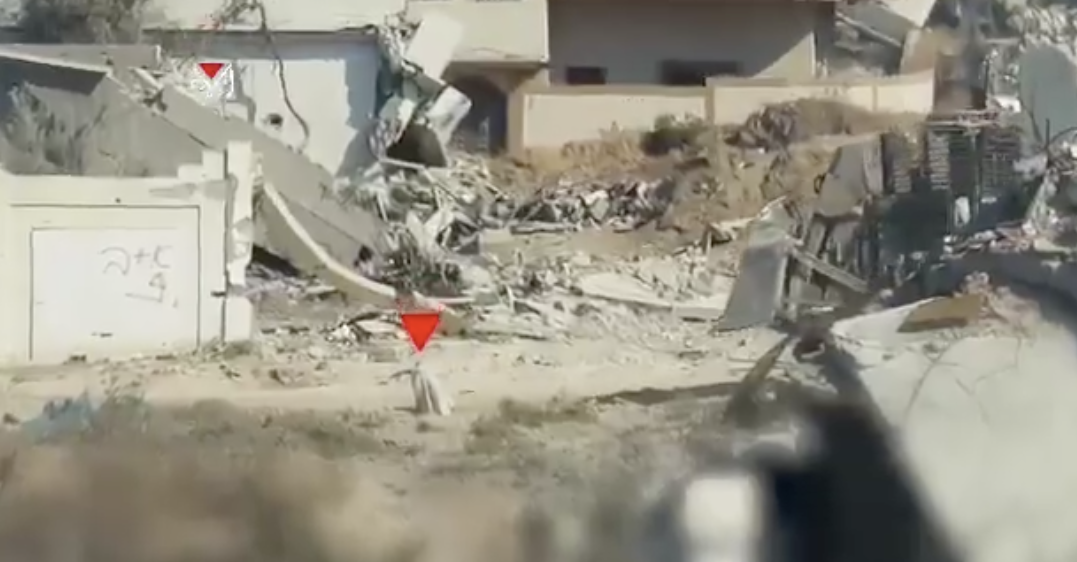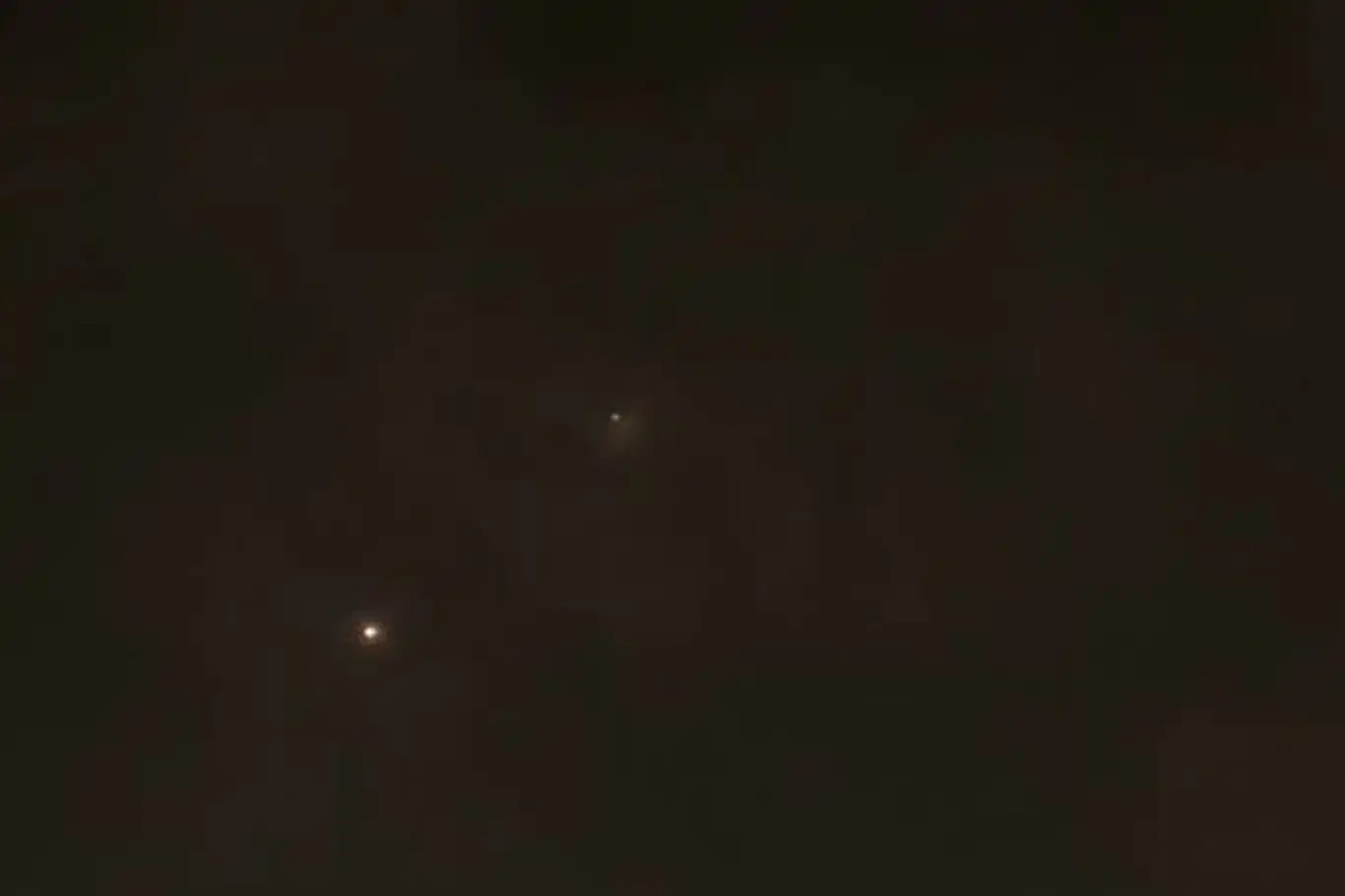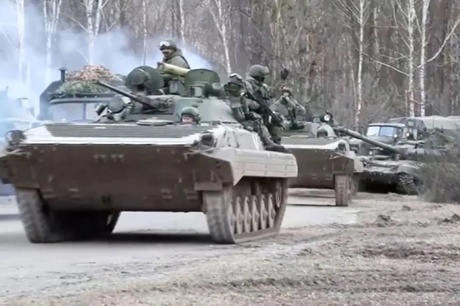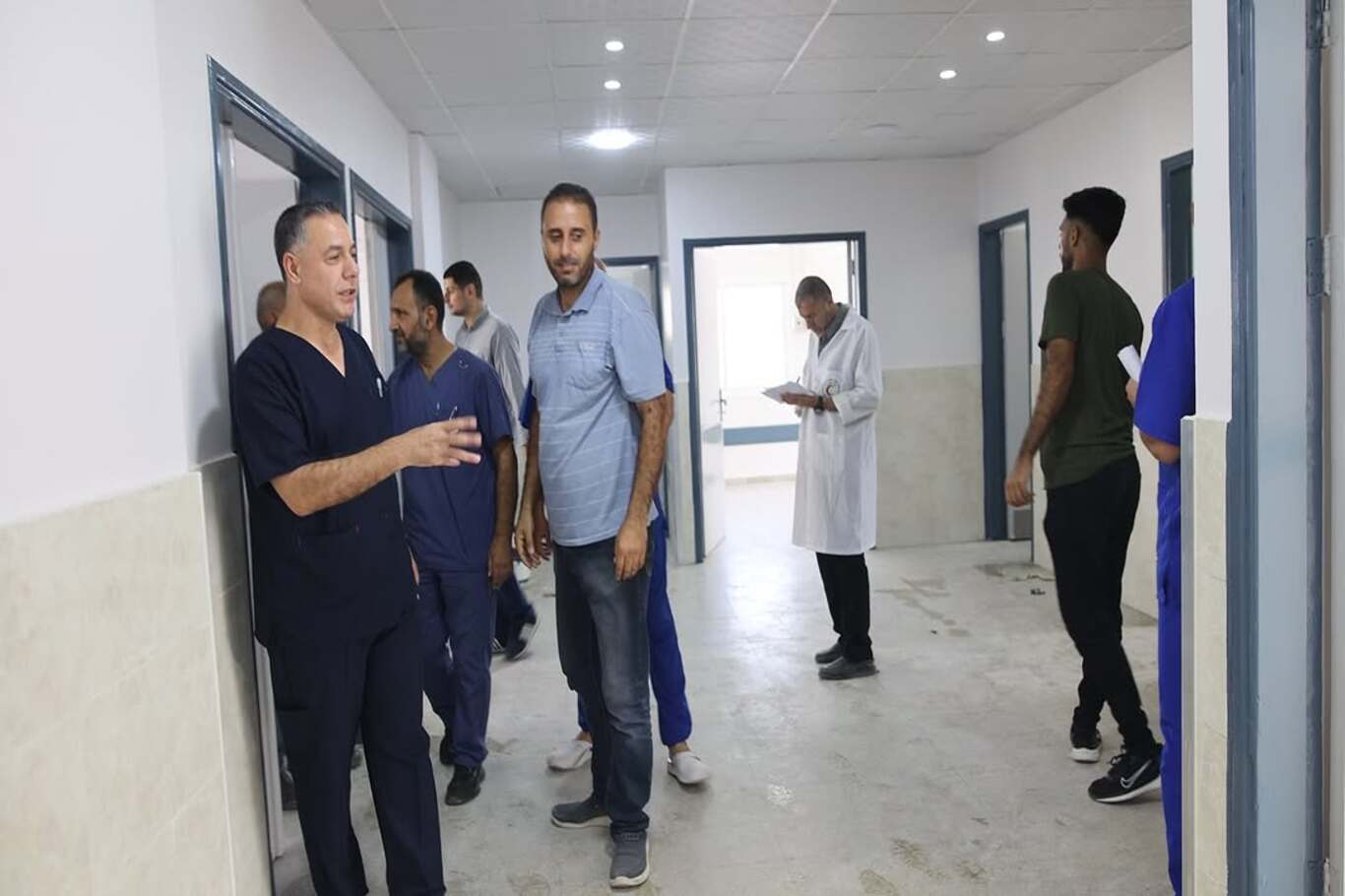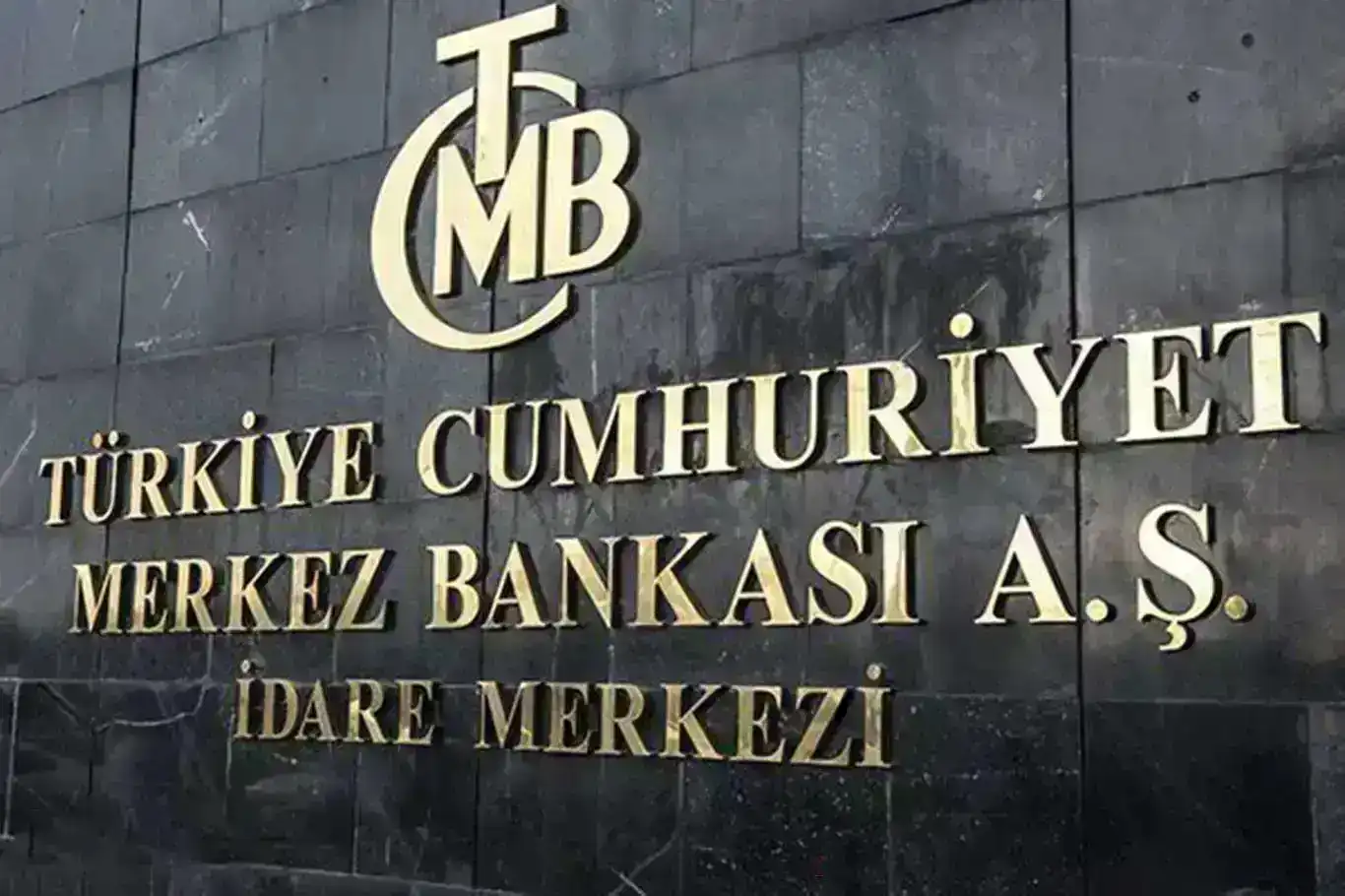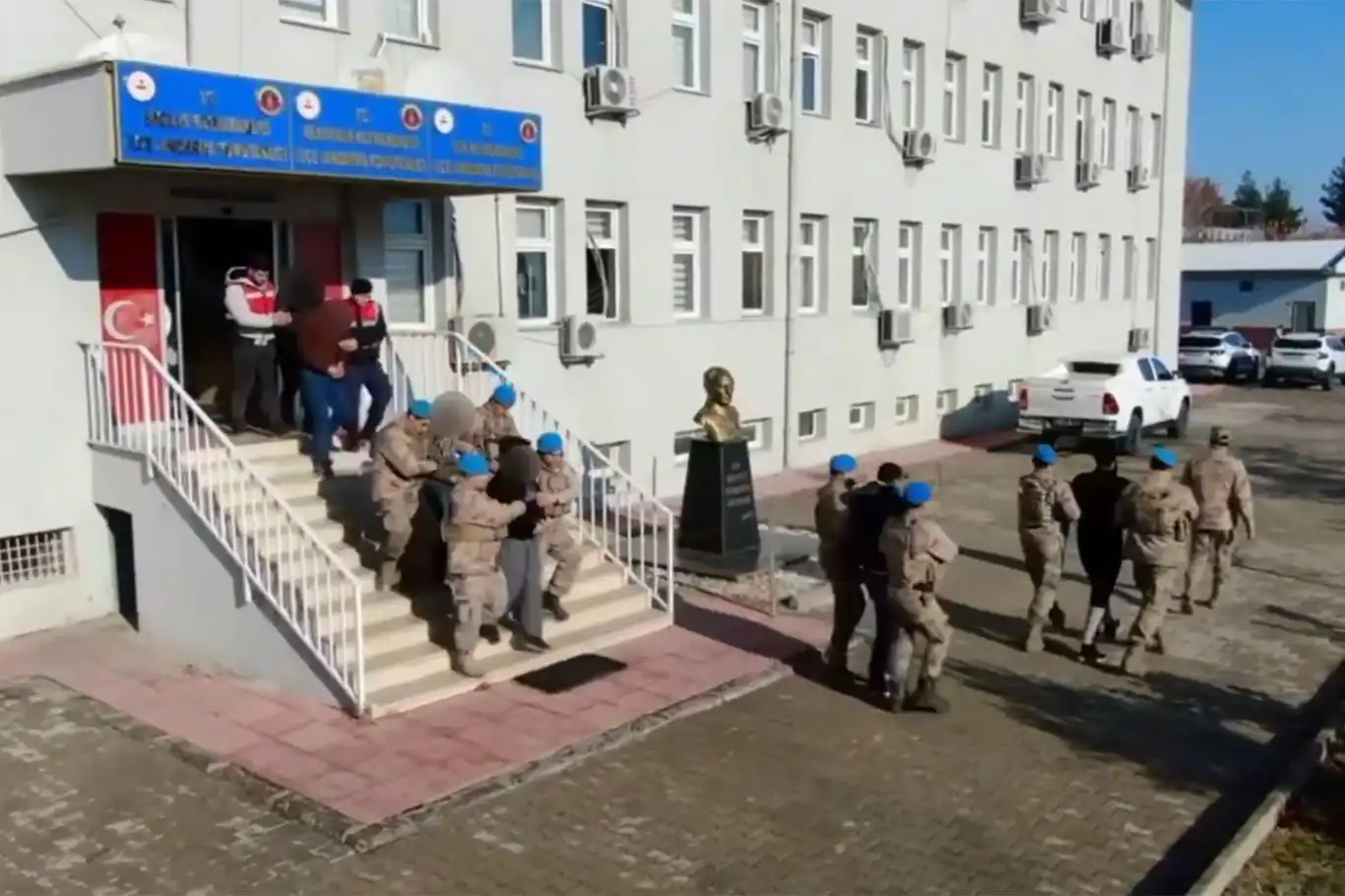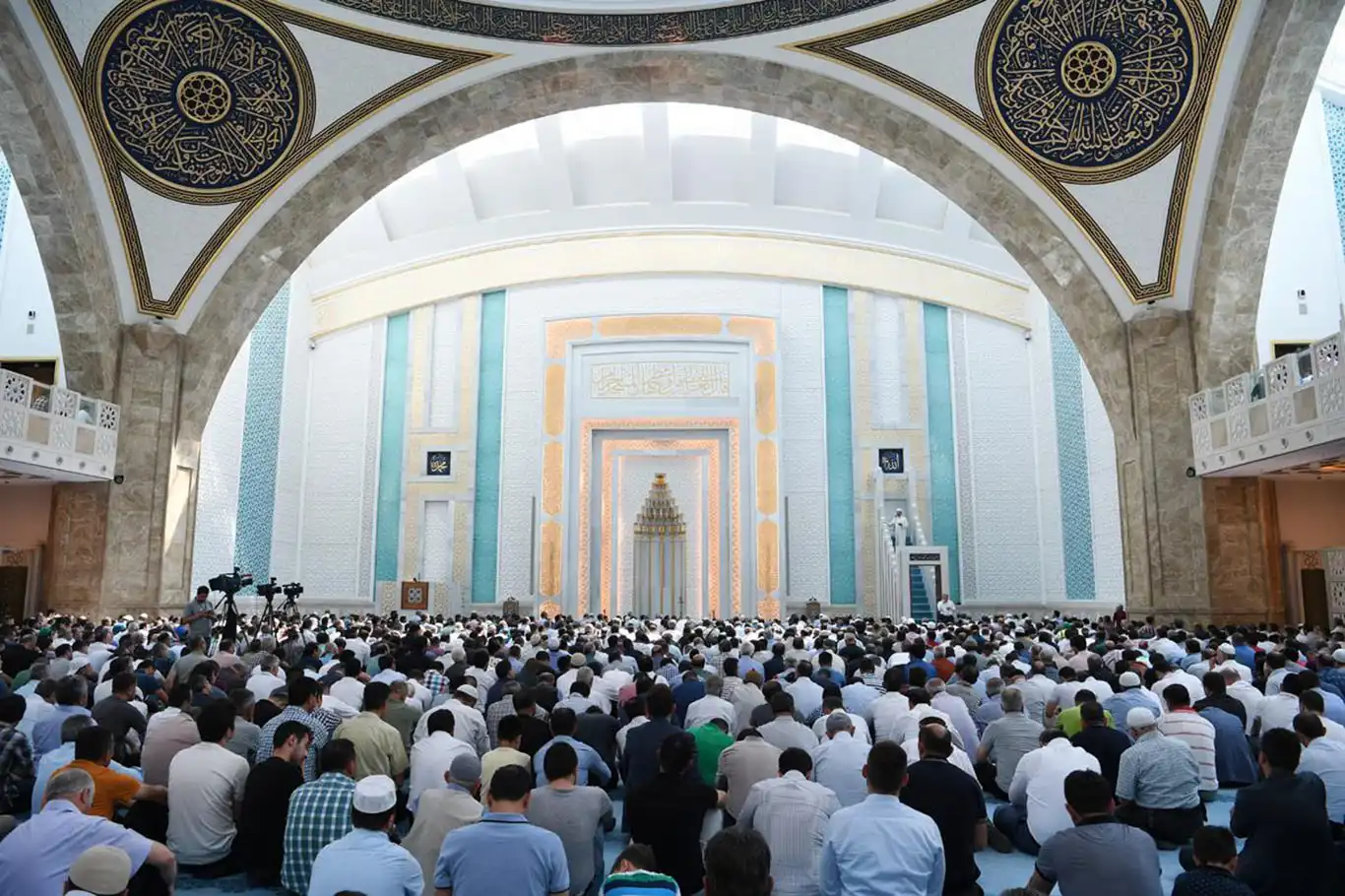Zilan Massacre: 93 years later, Muslim Kurdish people still demand justice
Today marks the 93rd anniversary of the Zilan Massacre, where tens of thousands of Kurdish Muslims were brutally killed by the Kemalist regime in the Erçiş district of Türkiye's eastern Van province in 1930.

 Google News'te Doğruhaber'e abone olun.
Google News'te Doğruhaber'e abone olun. This tragic event is remembered for the horrifying acts of disemboweling pregnant women and the mass slaughter of people.
Despite the passing of many years since July 13, 1930, the pain of this massacre, which claimed the lives of numerous children, women, and elderly individuals, still deeply affects the hearts of the people.
The new regime, driven by a nation-state ideology and turning towards the West, carried out a massacre against Kurdish Muslims. After the martyrdom of Sheikh Said, not only those who actively participated in the uprising but also individuals who had no involvement or knowledge of it were exiled. The exile caused shock in the eastern province of Ağrı, Türkiye, leading some to resist while others who were captured and exiled chose to escape to Syria.
Official figures state that 15,000 people were killed, although unofficial sources suggest the numbers were much higher. During this grave crime against humanity, villages were burned, people were displaced from their homes, and forcefully driven away from their land. A newspaper report from that day, published in Cumhuriyet, described the events as follows: "Our planes are relentlessly bombing the hills of Mount Ağrı. Mount Ararat moans under continuous and eruptive fire. Iron Eagles settle the rebels' accounts. The Zilan Valley is filled with bodies."
The UK Foreign Office report described the massacre of unarmed civilians in Zilan as a significant success for the Turkish soldiers. The regime, supported by its external allies, took action, and the Ankara government received international support from socialist Soviets. Ankara reached an agreement with the Shah of Iran, resulting in a land exchange between Türkiye and Iran. A part of Van province's border with Iran was ceded to Iran in exchange for the remaining portion of Mount Ararat to the East.
The regime, bolstered by external support, strengthened its air force and directed them to the area. 80 aircraft were deployed for the bombardment, with more soldiers sent to the region than those involved in the major offensive against the Greeks. Eyewitness accounts of the mind-boggling Zilan Valley Massacre revealed the extent of the atrocities. The Kurds who sought refuge in the Zilan Valley after the Mount Ağrı uprising were subjected to a complete genocide through military action led by Salih Pasha, the commander of that period's corps. The Zilan region was bombarded by planes, and mountains and valleys were engulfed in heavy fire. The area was blockaded, besieged by tens of thousands of soldiers, and the massacre began.
People of all ages and genders, from newborns to 90-year-olds, were mercilessly mowed down by machine guns. A total of 44 villages were set on fire, and approximately 15,000 people were bound together and brutally slaughtered.
Cavit Torun, a former Member of Parliament from Diyarbakır province, emphasizes the bloody events in the early years of the Turkish Republic and cites the Dersim massacre, stating: "The establishment of the Republic was very bloody. We all need to be well aware of this. At least 13,862 people were massacred in the Dersim events."
Sabiha Gökçen, Atatürk's adopted daughter and a pilot, was among those involved in the bombings in Dersim, a fact unknown to many. Researchers argue that the disclosure of the archives of the "independence courts" will likely reveal dozens of massacres in the region, including Zilan and Dersim, while the public eagerly anticipates this.
Opening the archives of both the General Staff and the independence courts would shed light on the dark aspects of the events and the inhumane practices endured between 1923 and 1950, spanning from the Sheikh Said uprising in 1930 to Zilan in 1935 and Dersim in 1937-1938.
People with a conscience, particularly the Kurdish people, are hopeful that the state will offer an apology and engage in self-criticism for the crimes committed in the region, particularly for the Zilan Massacre. (ILKHA)































